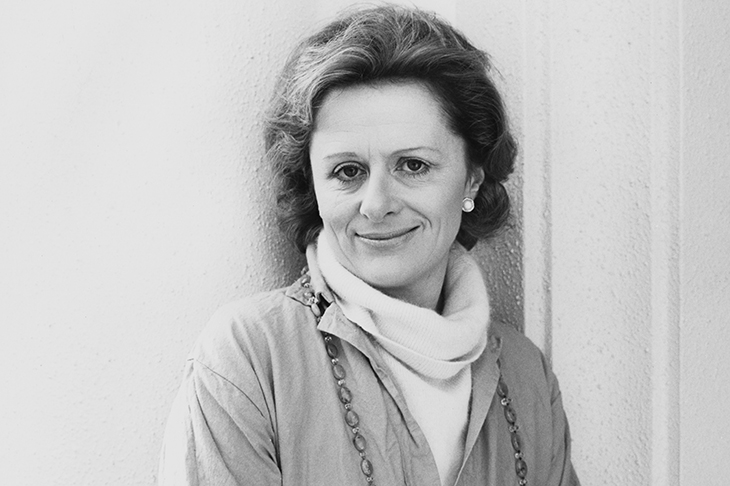This book made me almost weep with nostalgia, but heaven knows what today’s snowflakes will make of it. Fleet Street working conditions were horrendous — the offices were filthy, and covered in a thick pall of cigarette smoke. There’d be frequent wastepaper bin fires when someone threw a smouldering cigarette into a bin full of paper and a male journalist would pee on it to put it out. (Nobody had bottles of water on their desks in those days.) The noise was ear-splitting, with everyone shouting into their phones above the constant clatter of Remingtons. When the presses started to roll around 4 p.m., the whole building shook. ‘Actually,’ Julie Welch observes, ‘that was quite erotic.’
Sexism was routine. If you were one of the rare women in Fleet Street, you felt insulted if men didn’t pat your bottom or tell you you had nice legs. Everyone was drunk nearly all the time.

Get Britain's best politics newsletters
Register to get The Spectator's insight and opinion straight to your inbox. You can then read two free articles each week.
Already a subscriber? Log in






Comments
Join the debate for just £1 a month
Be part of the conversation with other Spectator readers by getting your first three months for £3.
UNLOCK ACCESS Just £1 a monthAlready a subscriber? Log in